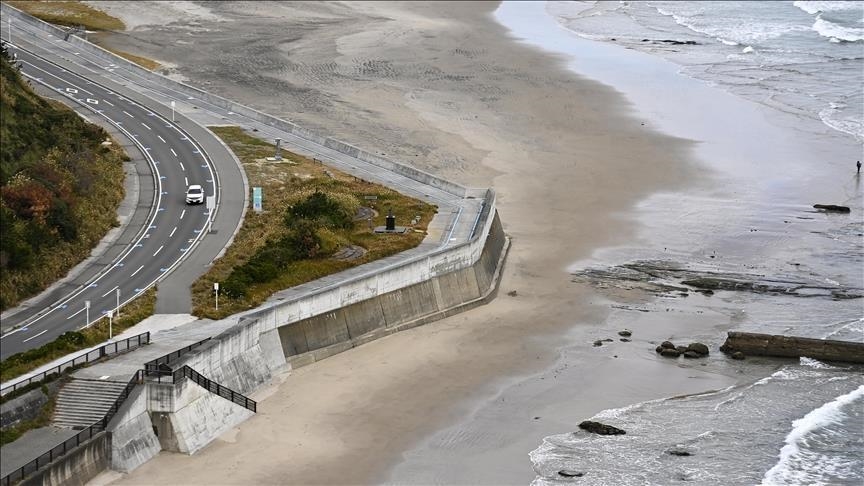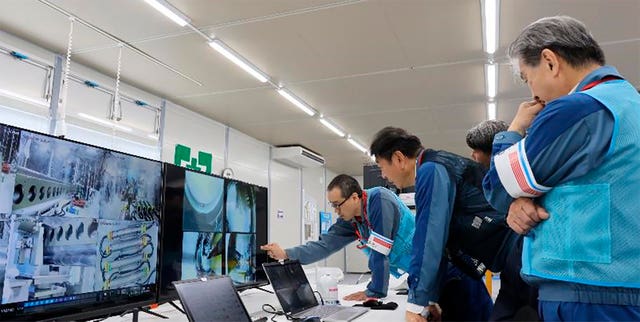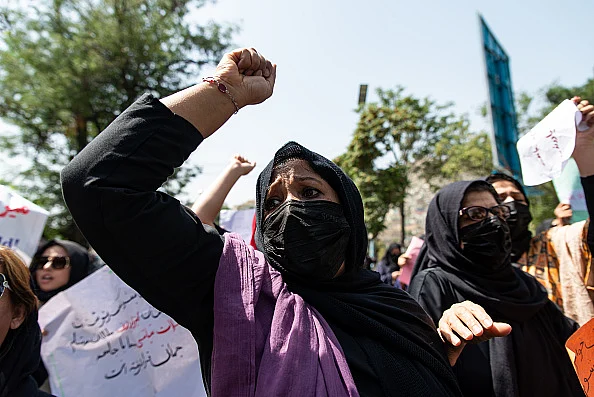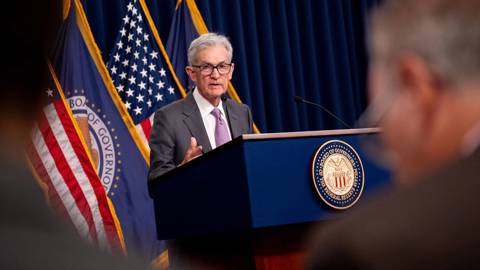ByChristopher Gomez
September 10, 2024
Trump has lost $4 billion as Truth Social’s parent company, Trump Media & Technology Group (DJT), has dropped 70 percent in value.
Since Trump Media was first available to be publicly traded in March, the share price has dropped from $66.22 to just $18.04 a share. According to CNN, Trump’s 57 percent majority stake in Trump media was valued at $6.2 billion in May and has since fallen to $2.1 billion. This loss in share value has dented Donald Trump’s net worth so severely he has been bumped out of Bloomberg’s 500 richest people list.
The value of Trump Media has mainly depended on Trump’s performance in the 2024 election cycle, which defies standard stock market logic. DJT’s value halved when President Biden dropped out of the race, and Vice President Kamala Harris took his place. Other events, such as the assassination attempt on Trump, Trump’s conviction in the Hush Money case, and debate performance, have all influenced Trump Media’s stock value.
“If this wasn’t Trump, this thing would be trading at $1,” Matthew Tuttle, CEO of Tuttle Management, told CNN. “This stock is entirely a Trump-gets-elected play. If Trump wins, this could be a viable company. But if he loses, I don’t know how this is a going concern,” he added.
According to CNN, despite its recent woes, Trump Media has about $300 million in cash and equivalents that it could use for anything it needs. It will also likely generate revenue from its new conservative-leaning streaming platform, Truth+.
Will Trump sell Trump Media shares?
A lockup provision preventing the former president from selling his shares will expire in nine days. Although Trump’s shares have lost $4 billion in value since May, he would still see a significant profit should he sell his $2.1 billion stake in Trump Media since he initially invested a few million to start the publicly traded company.
The only issue would be that current shareholders in DJT would stand to lose even more money than they already have should Trump sell his shares recklessly on September 19. Trump selling all his shares at once at random would drop the value of the shares astronomically, negatively affecting all shareholders in the company.
However, there are ways Trump can safely sell his Trump Media shares. He can use them as collateral for a loan or even sell all the shares to a single investor and announce it beforehand. While this will still hurt the company’s value, it will drastically reduce the potential damage a Trump share sale could cause.
Mike Stegemoller, a finance professor at Baylor University, told the New York Times, “It’s a supply-and-demand story: If you flood the market with shares, you are just not going to find enough buyers. You don’t want to shock the market. I don’t think he is dumb in that regard. His self-interest may work to the advantage of the shareholders.”
There is no indication of Trump’s intention to sell or to keep his shares, but losing $4 billion in share value could play a critical role in his final decision.

















